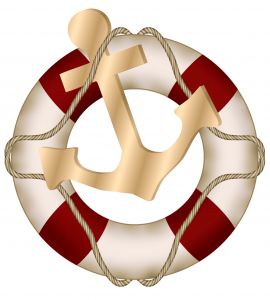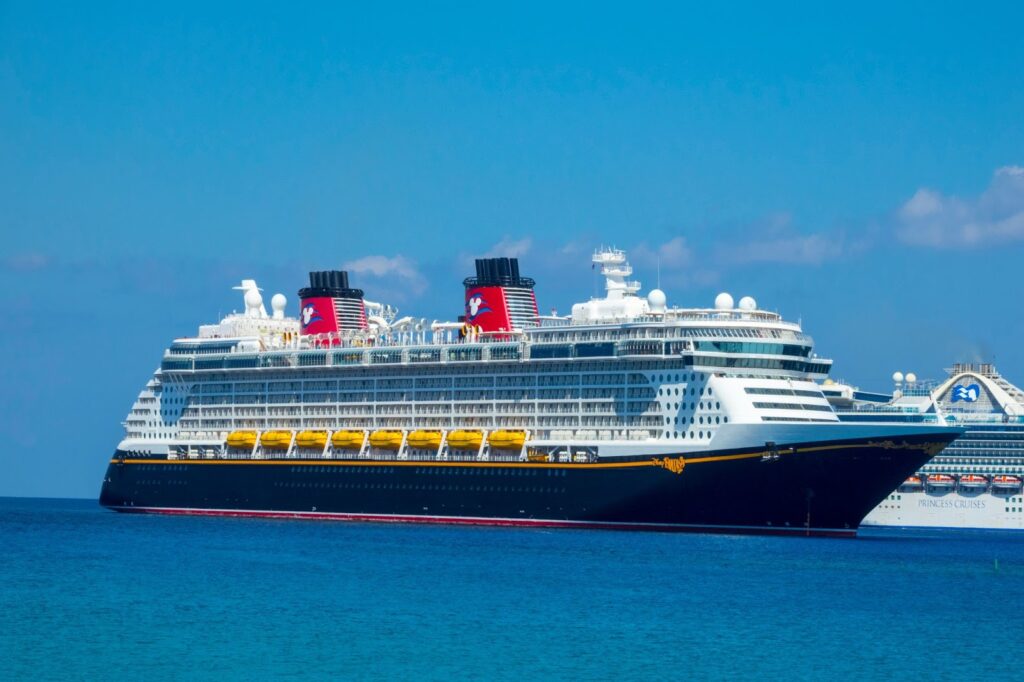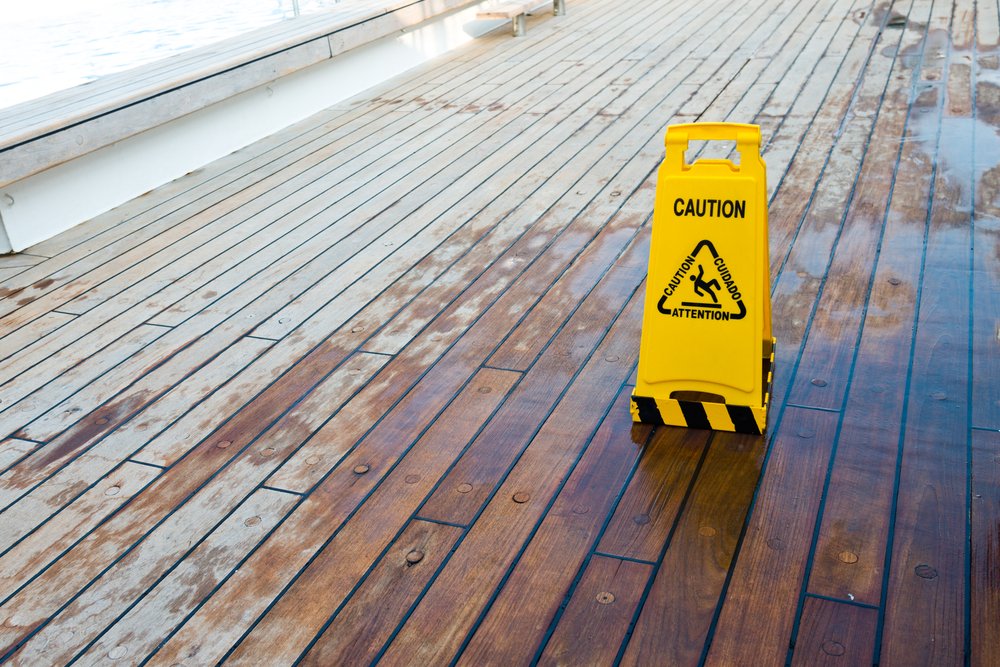
So far, 47 countries have ratified the convention, which will account for over 50 percent of the current 1.5 million seafarers that are currently employed. This is a giant accomplishment for seamen who have previously been subjected to hazardous working conditions onboard vessels, denied a minimum amount of time to rest and recuperate, and who have not been afforded compensation following an accident at the hands of their employer’s negligence.
Though there have been several legislations that have entered into effect throughout the years intended on protecting seafarer rights, including the Jones Act, a U.S. federal law which allows seafarers to file a claim against their employer to claim damages following a workplace accident, there has never been a uniform set of standards governing the rights of seamen; especially in cases where the Jones Act may not apply. As a result, maritime companies have been able to evade a country’s particular laws by imposing arbitration clauses in their employment contracts and limiting a victim’s right to trial and compensation. Because there is no universal standard of safety for the maritime shipping industry, employing companies are able to get away with treating their crew unfairly and denying them even the most basic of human rights, such as health, food and shelter.
Although crew members can turn to a seafarer attorney in the wake of an accident, illness or other act of negligence committed by their employer to file a claim, sometimes, the injuries are so devastating that no amount of compensation can ever make up for their pain and suffering. The goal of the Seafarers’ Bill of Rights is to prevent these kinds of incidents or subsequent violations from happening in the first place and to ensure that if an employer does violate these rights, they will be subject to liability if their negligent or wrongful actions contributed to the incident.
As part of accepting the regulations set forth in the Seafarers’ Bill of Rights, any commercial vessel that is 500 gross tonnage or larger and which flies a flag of any of the countries that ratified the convention must carry the Maritime Labour Certificate (MLC) and the Declaration of Maritime Labour Compliance (DMLC) onboard their ship at all times. These documents will serve as a testament of their commitment to the stipulations of the convention, asserting the vessel is in compliance.
When a ship enters a country that has ratified the MLC, 2006, they will be subject to inspection. However, even vessels that fly flags of nations that have not ratified the convention will be subject to inspection if they enter the port of a member country. Our maritime attorneys cannot begin to express how much of an impact this particular stipulation of the convention will have in the commercial shipping industry. Before the convention, whatever country’s flag a vessel flies will be the country whose maritime laws the ship follows. Unfortunately, not all countries have strict safety regulations in place protecting seafarers, which has allowed many seamen to go uncompensated following an accident or after having been denied their benefits. The inspections will ensure employers are affording workers decent working and living conditions.
According to the ILO, the convention will also have a positive impact for shipping companies and member governments. For shipping companies, the convention simplifies basic maritime labor rights, improves working conditions for everyone onboard a vessel, thus, increasing worker efficiency, and smoother entry into port. For governments, the convention makes it easier to follow and enforce a single standard of maritime safety, as opposed to several laws, allows governments greater control and management of shipping vessels, protects against competing vessels that have previously been afforded favorable treatment, and improves the overall quality of shipping services.
But by far, the greatest impact will be on the seafarer side. Crews will now have a comprehensive set of rights they can easily understand, will benefit from improved conditions onboard their vessels, and will have the right to not only file complaints onboard a vessel, but ashore as well.
Our maritime law firm has seen far too many seafarers suffer at the hands of negligent shipping companies and ship owners, being denied wages, safe accommodations and even the ability to file a claim. Hopefully the number of accidents at sea and in port will drastically decrease as a result of the convention and hopefully, greater attention will be paid to maintaining shipboard safety.
Published on August 23, 2013
Categories: Crewmember S.O.S.
Get Free
Consultation












